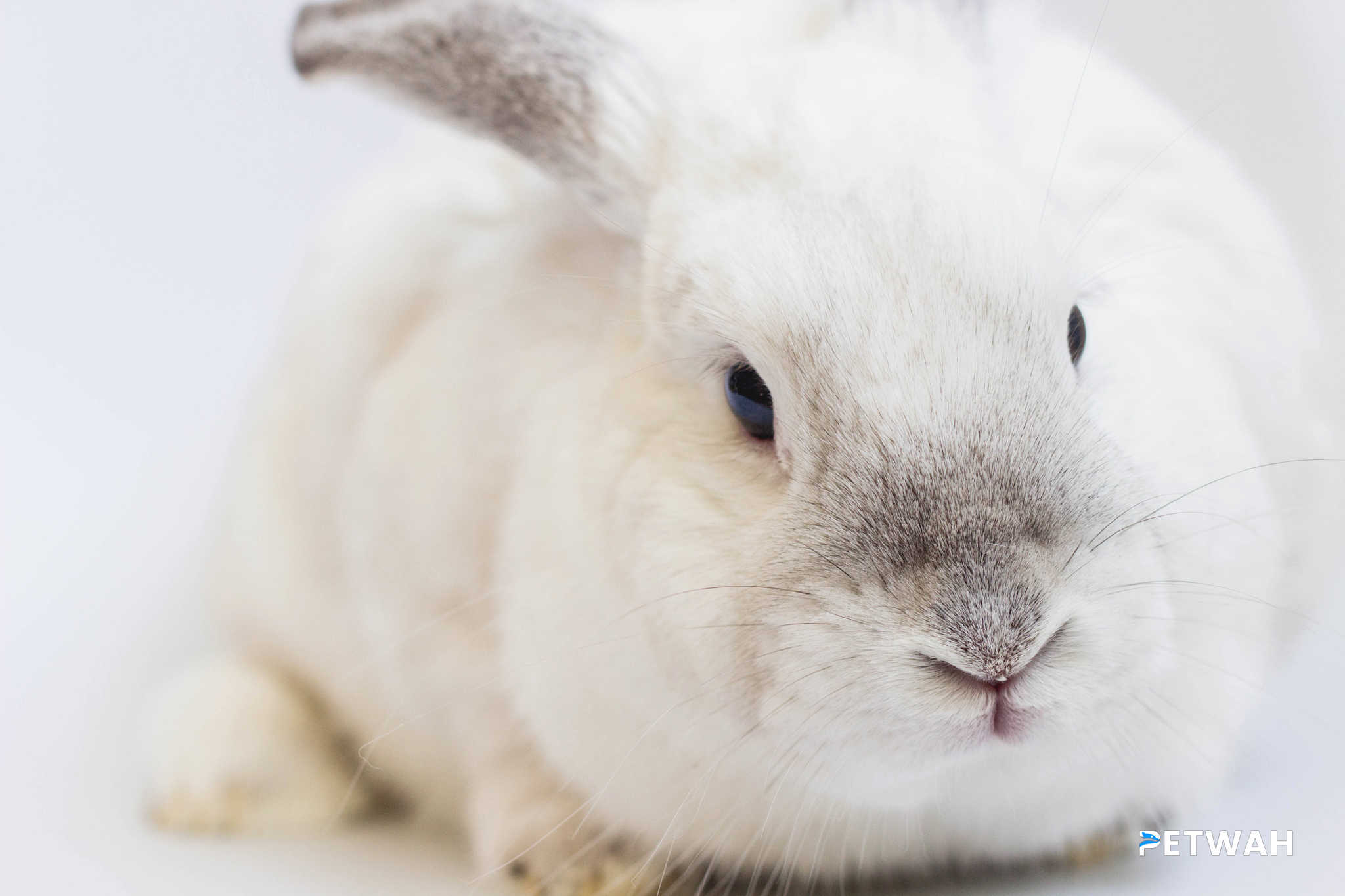If you’re a proud rabbit owner, you understand the importance of keeping your furry friend healthy and happy. However, just like any other pet, rabbits can get sick too. One of the most common illnesses that affect rabbits is respiratory infections. These infections can be caused by a variety of factors, including poor ventilation, bacterial or viral infections, and allergens. If left untreated, respiratory infections can lead to serious health complications and even death. As a responsible pet owner, it’s important to understand the signs and symptoms of respiratory infections in rabbits and take the necessary steps to prevent and treat them. In this blog post, we’ll explore the topic of rabbit respiratory infections and provide you with the information you need to keep your pet bunny healthy and happy.
Rabbits are cute and cuddly pets that can bring joy to their owners. However, as with any animal, they are susceptible to various health problems, including respiratory infections. As a responsible pet owner, it’s essential to know the signs, causes, and treatment options for rabbit respiratory infections.
Signs of Respiratory Infections in Rabbits
Rabbits with respiratory infections may exhibit several symptoms, including:
1. Sneezing: Rabbits with respiratory infections often sneeze frequently.
2. Runny nose: If your rabbit has a runny nose, it’s an indication that they may have a respiratory infection.
3. Watery eyes: If your rabbit’s eyes are watery, it’s a sign that they may have a respiratory infection.
4. Labored breathing: Rabbits with respiratory infections often have difficulty breathing, which can cause labored breathing.
5. Lack of appetite: If your rabbit has a respiratory infection, they may lose their appetite, which can lead to weight loss.
Causes of Respiratory Infections in Rabbits
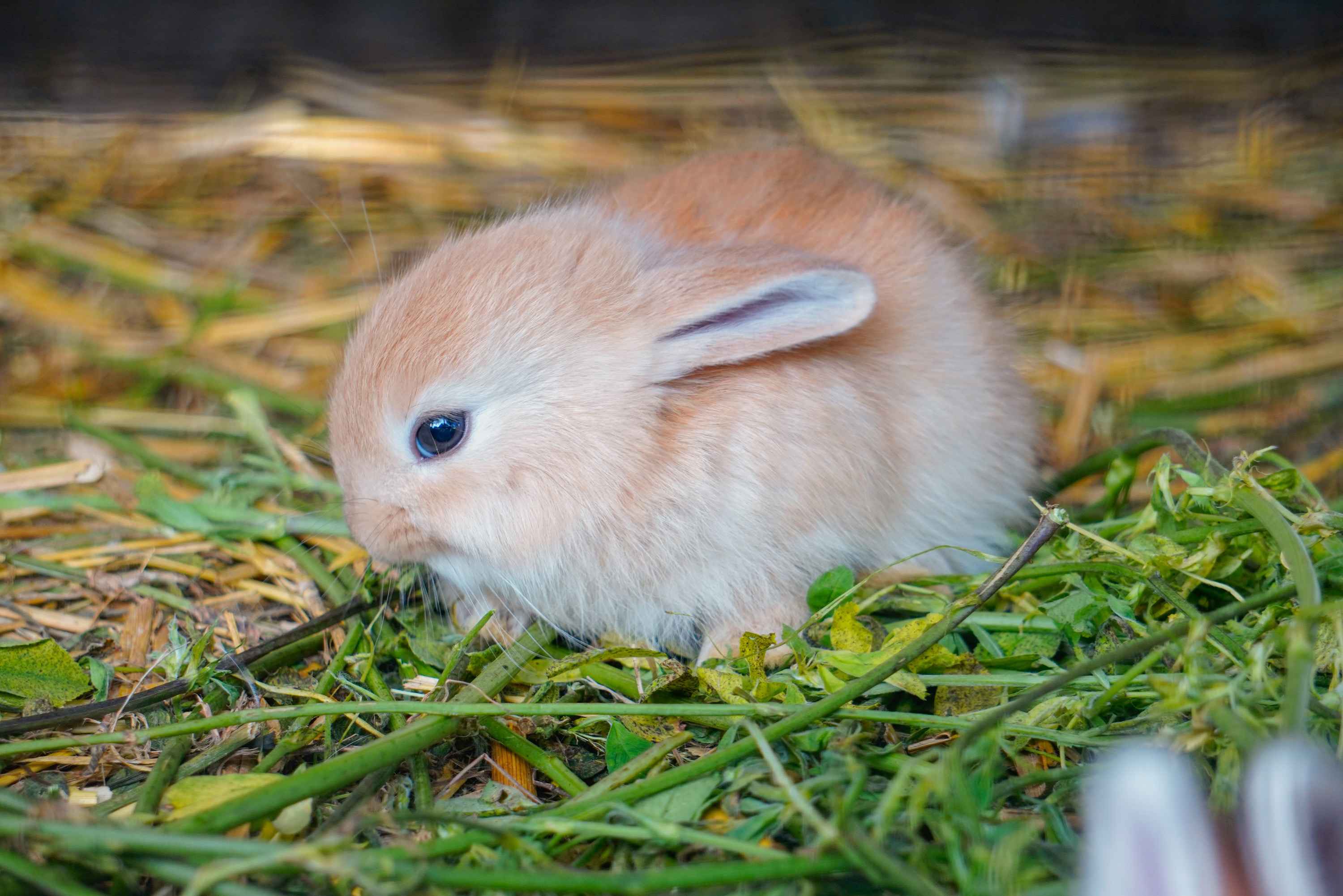
Respiratory infections in rabbits can be caused by several factors, including:
1. Bacterial infections: Bacterial infections are the most common cause of respiratory infections in rabbits. The bacteria that cause respiratory infections in rabbits are Pasteurella and Bordetella.
2. Viral infections: Viral infections, such as the rabbit hemorrhagic disease virus, can also cause respiratory infections in rabbits.
3. Fungal infections: Fungal infections, such as Aspergillosis, can cause respiratory infections in rabbits.
4. Environmental factors: Environmental factors, such as poor ventilation, can also cause respiratory infections in rabbits.
Treatment Options for Respiratory Infections in Rabbits
The treatment for respiratory infections in rabbits varies depending on the underlying cause. Your veterinarian may prescribe antibiotics to treat bacterial infections or antifungal medication to treat fungal infections. If your rabbit has a viral infection, supportive care may be the only treatment option.
It’s essential to ensure that your rabbit lives in a clean and well-ventilated environment to prevent respiratory infections. If your rabbit is showing signs of a respiratory infection, it’s crucial to take them to the veterinarian as soon as possible.
Conclusion
Respiratory infections can be a serious health concern for rabbits. As a responsible pet owner, it’s essential to know the signs, causes, and treatment options for respiratory infections in rabbits. By providing your rabbit with a clean and well-ventilated environment, you can help prevent respiratory infections. If your rabbit is showing signs of a respiratory infection, it’s crucial to take them to the veterinarian as soon as possible for proper diagnosis and treatment.
In conclusion, respiratory infections are a serious health concern for pet rabbits. As a responsible pet owner, it’s essential to keep an eye out for any symptoms of respiratory infections in your bunny and take immediate action. A healthy rabbit is a happy rabbit, and proper care and attention go a long way in keeping your furry friend safe and healthy. Always remember to provide a clean and healthy living environment, a balanced diet, and regular check-ups with your veterinarian. By following these simple steps, you can ensure that your pet bunny leads a long, healthy, and happy life.


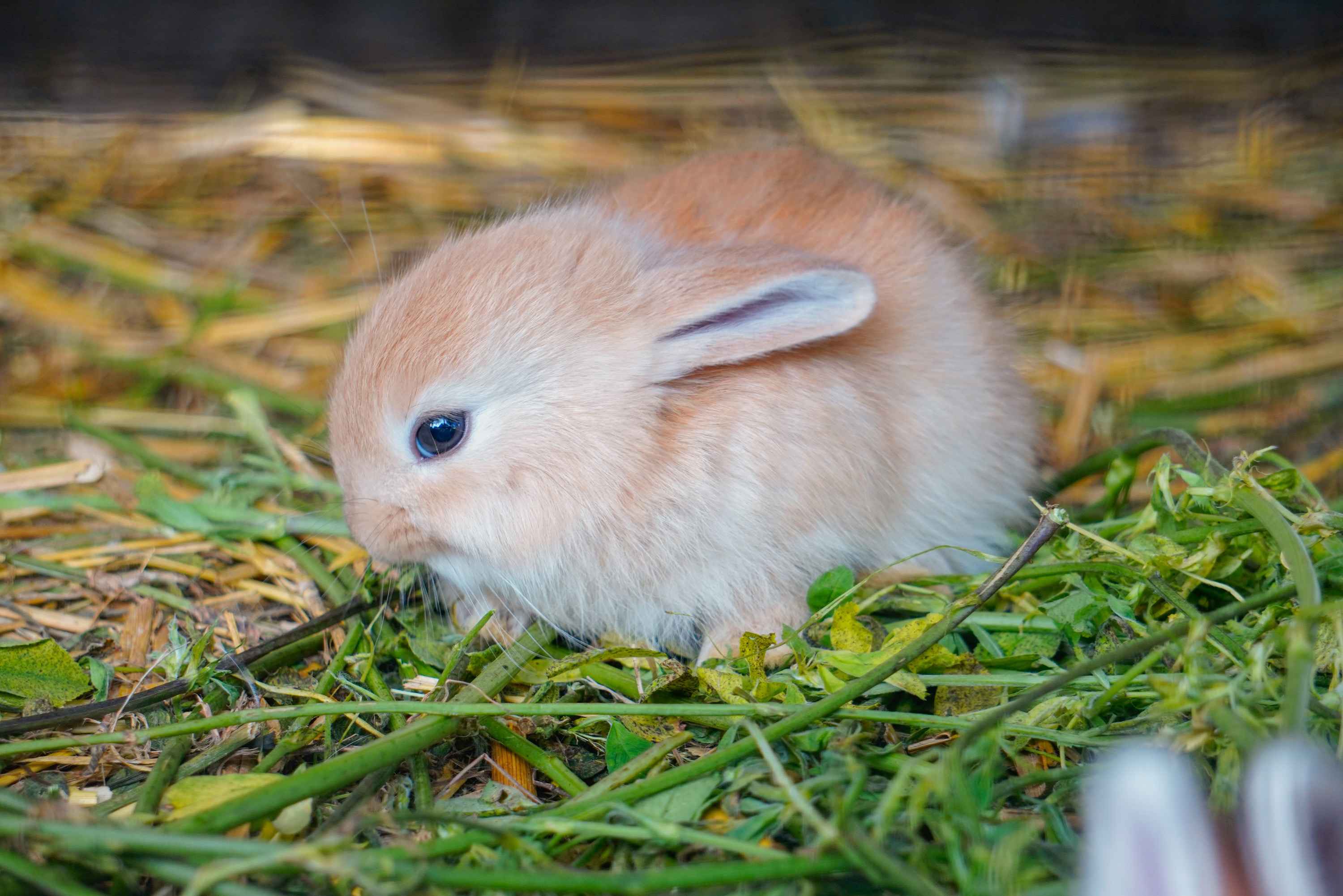

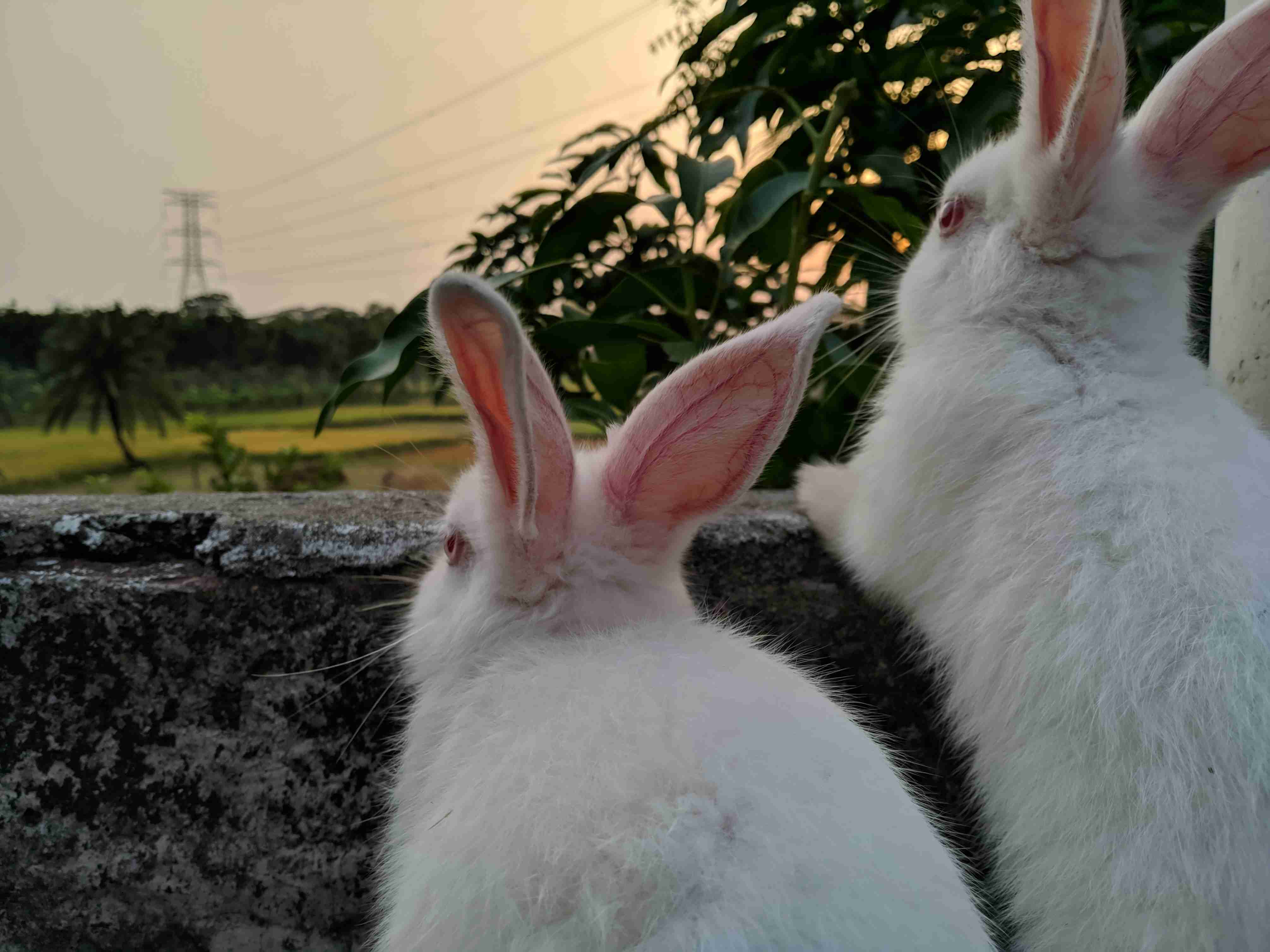
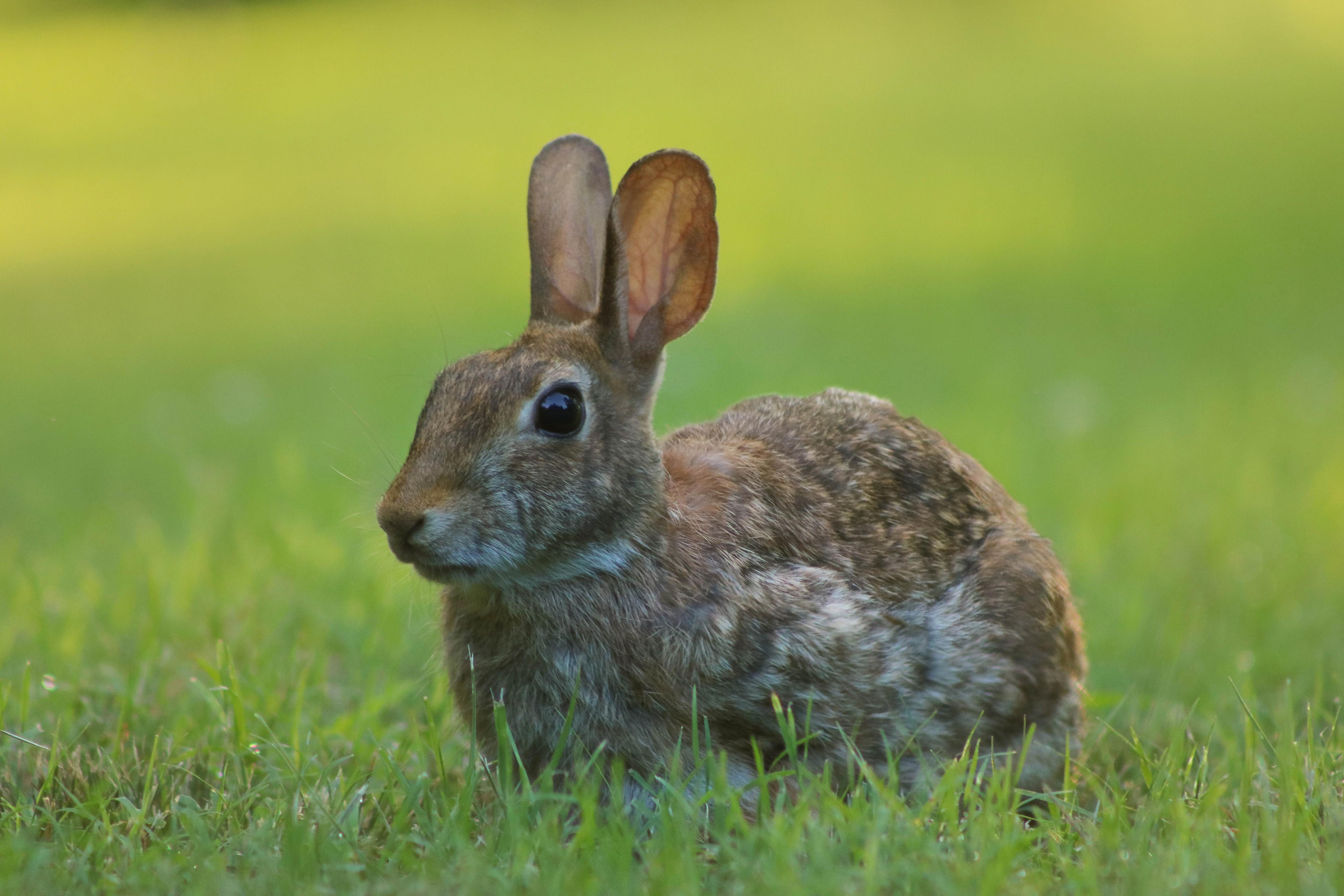
.jpg)
.jpg)
